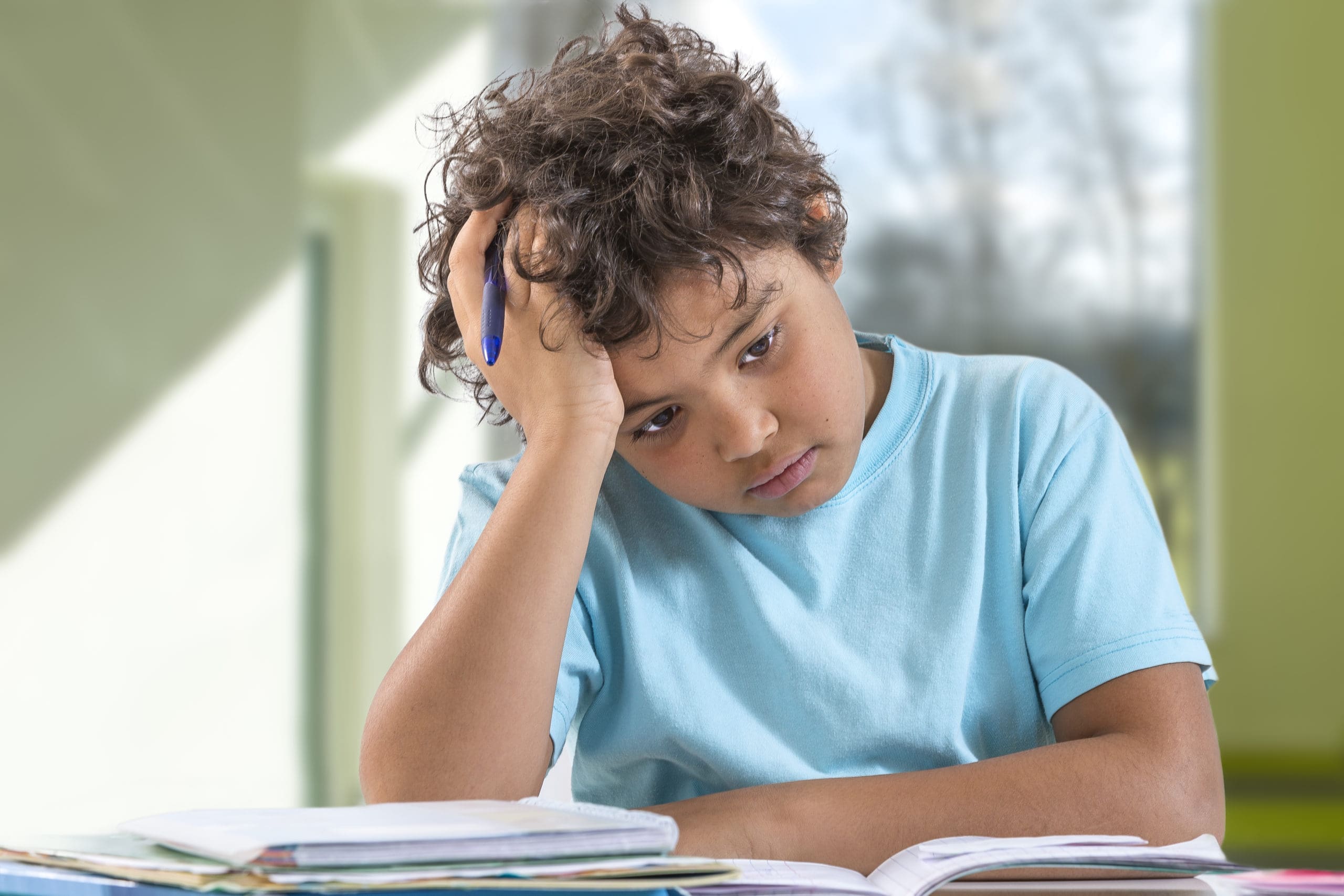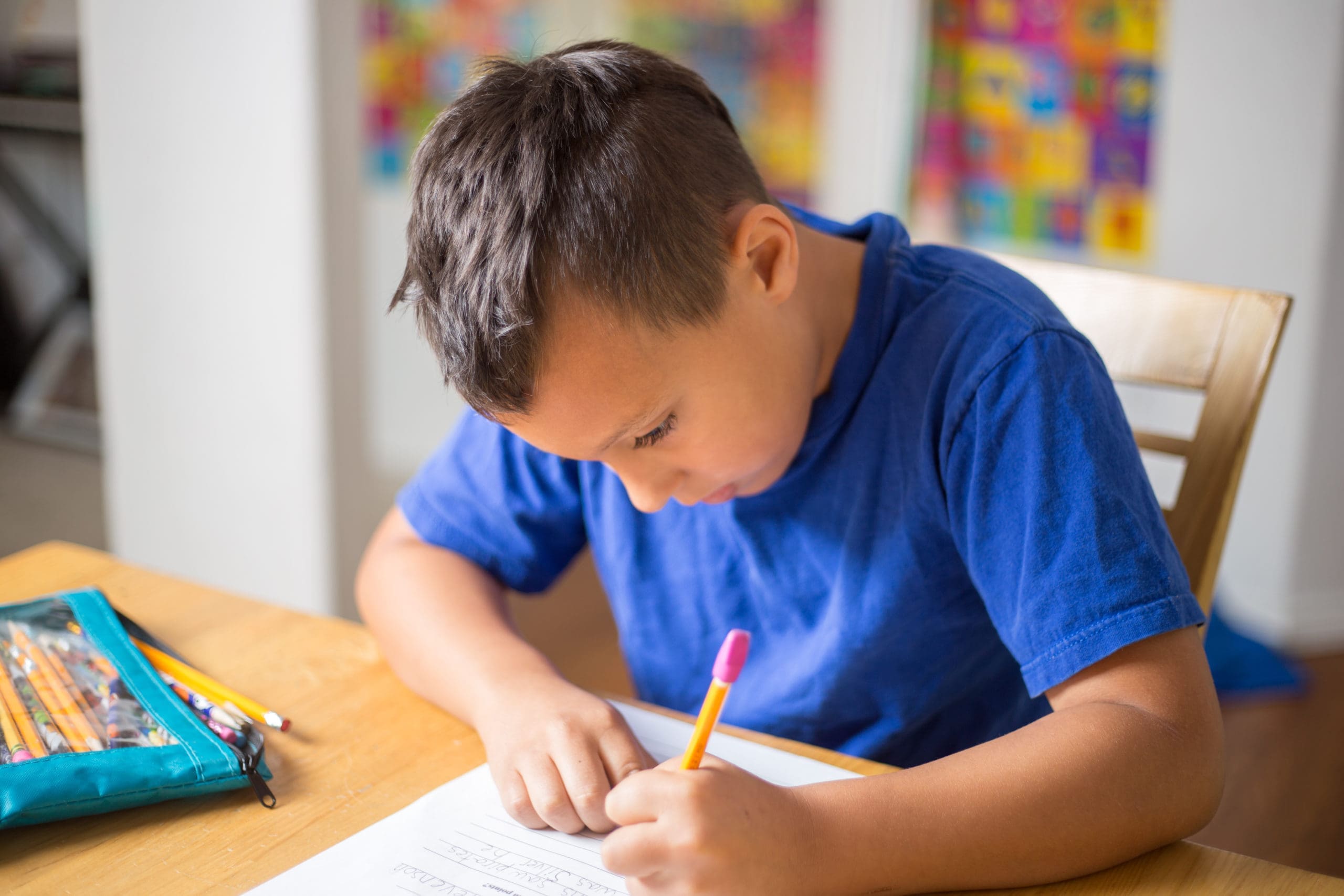Services
Psychoeducational Assessment
A psychoeducational assessment is an individual in-depth assessment designed to provide information about a person’s cognitive ability, academic skills and socio-emotional skills. The goal of the assessment is to determine if there are underlying conditions that are affecting a student’s academic progress. When educators and parents understand their young person’s learning strengths and difficulties early, they can provide the support necessary for success.
Learning Disability (LD) Assessment
Children and teens of average intelligence sometimes have significant difficulty in learning in some areas of academics, often reading and/or mathematics.
In earlier grades, children may have difficulty learning to read or learning mathematics. In the middle grades, they may have difficulty with reading comprehension, problem-solving, memory, and executive functioning. They may avoid writing tasks, and sometimes have difficulty with memory and social interpretation. Undiagnosed learning difficulties or dyslexia can lead to feelings of inadequacy, lack of confidence, and underachievement.
Learning disabilities can affect all areas of a person’s life and it is important to have an accurate diagnosis so that programming can be effective. Additionally, learning disabilities continue into adulthood, so it is important for students to learn how to manage their LD and to advocate for themselves.
Attention Deficit Hyperactivity Disorder (ADHD) Assessment
Children and youth with ADHD may already have faced learning challenges – their minds may wander, they may be overly active, and lack of concentration may make it difficult to complete tasks. ADHD does not occur in only one environment, but in two or more environments (e.g. home and school). The psychologist can diagnose the condition and provide beneficial strategies for learning at home and at school. Additionally, the psychologist can help determine the benefits and assets of being a person with ADHD.
Assessment of Slow Learners
Some children and youth learn more slowly than others, not because they have a diagnosable condition such as developmental or learning disability, just more slowly. It is helpful to understand the slow learner’s learning style to ensure that the programming they need is available to help them advance in school and learn skills needed for the future.
Gifted Assessment
Children who are gifted require an enriched method of teaching and learning to help them reach their potential. Gifted learners may have faced challenges at school, such as possible boredom, frustration, less learning challenges, underachievement, mental health issues, etc. Assessments for children who are gifted can assist in providing information regarding their unique profile in order to program effectively for their needs.
Assessment for Developmental Disabilities
Children who have developmental disabilities need specialized teaching that ensures that they are progressing in both academics and independence. Children and youth with developmental disabilities often learn more slowly than others their age. The assessment can help to determine the optimal ways of teaching them, and can also enlighten educators and parents on their learning assets to help with effective programming. Additionally, the psychologist is available to assist parents/guardians to think about life goals and ways of developing independent living skills for the future.
Assessment for College or University
Many teens who have been receiving accommodations in Secondary Schools (e.g. more time for projects, writing tests in a quiet room, etc.) continue to require these accommodations in college or university. A psychoeducational assessment can help to document the continued need for accommodations if there is a diagnosis such as a learning disability or ADHD, etc.







